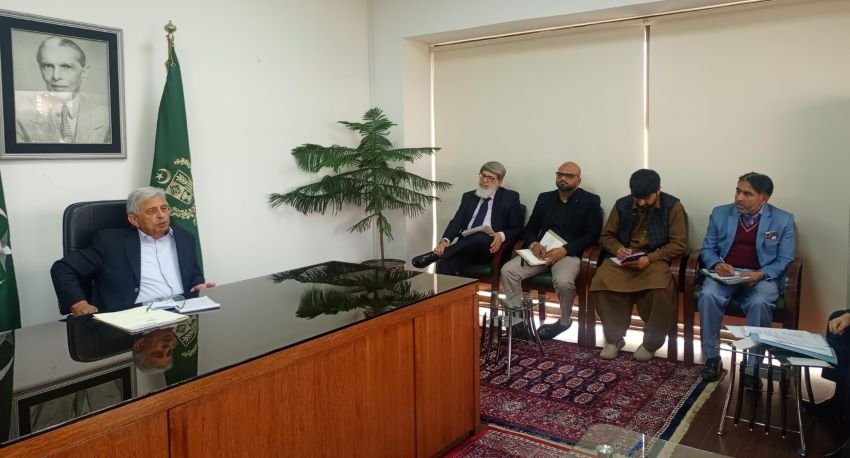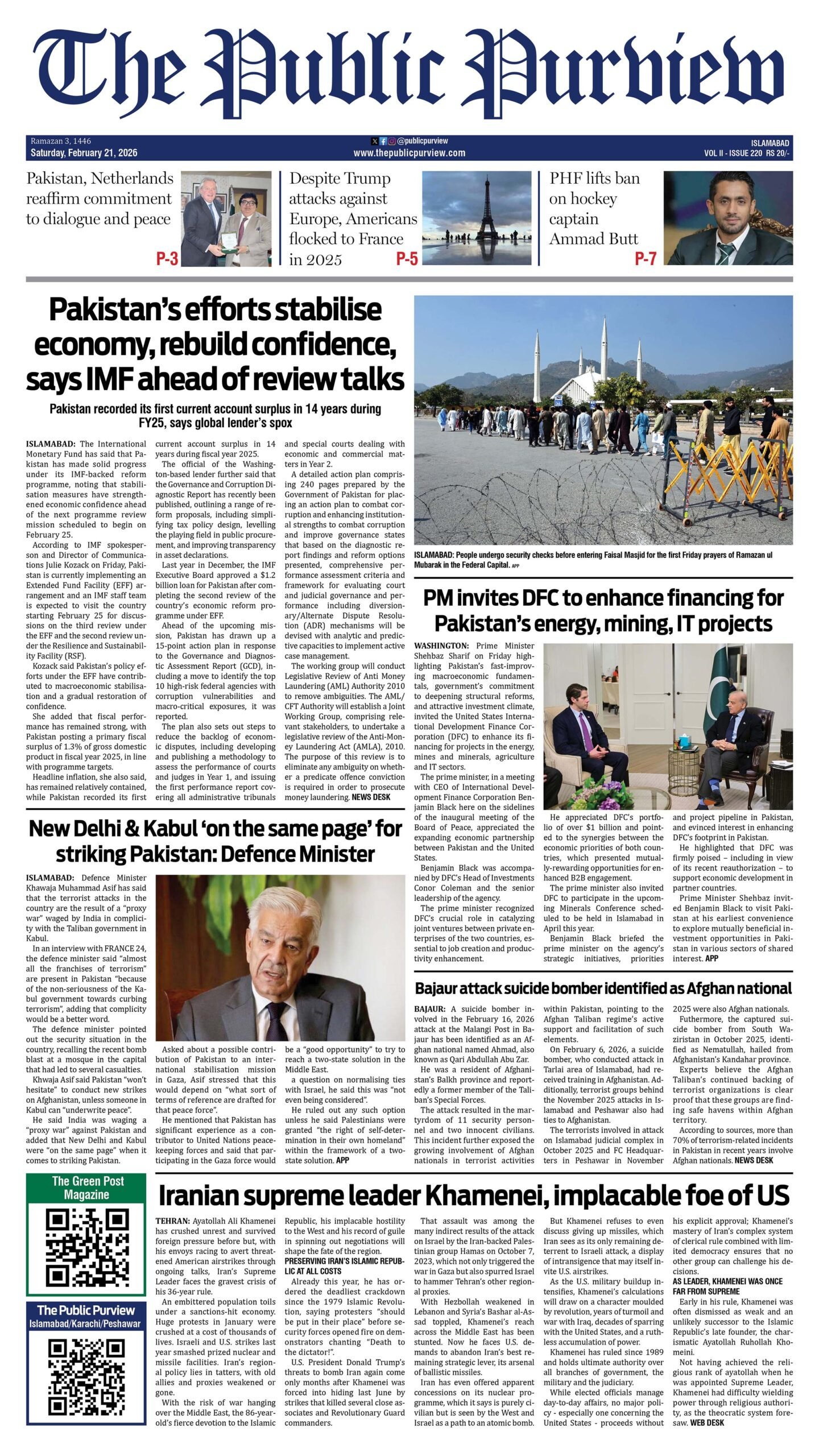* In a major counter-terrorism breakthrough, Pakistan’s intelligence agencies thwarted a large-scale terrorist plot—code-named Herof-II—aimed at turning the Independence Day, the day of pride on 14 August into a day of mourning. The foiled plan involved 32 suicide bombers and four vehicle-borne improvised explosive devices (VBIEDs), targeting Quetta and other major cities. The significance of the operation was reinforced when the US designated the Balochistan Liberation Army (BLA) and its Majeed Brigade as Foreign Terrorist Organizations the same month.
* At the heart of the plot was Muhammad Usman, a lecturer at BUITEMS and a state-funded graduate of Quaid-i-Azam University. Far from the classroom, ideals he was entrusted with, Usman radicalized students and orchestrated suicide bombings, including the deadly Quetta Railway Station attack that claimed 32 civilian lives. His brother Jibran and an associate Noman alias Peerak, linked to Tehrik-e-Taliban Afghanistan, were also implicated. The network operated under BLA commanders Murid Baloch and Mulla Amin.
* The BLA’s propaganda arm, Baloch Yakjehti Committee (BYC), rallied for Usman’s release, framing terrorists as victims. Even after the Jaffar Express hijacking, which held 380 hostages, BYC-led protests continued to manipulate public perception.
* International human rights organizations have drawn criticism for selectively branding Pakistan’s counter-terrorism actions as “crackdowns”—while remaining silent on the civilian toll. This narrative distortion, experts warn, shields terror facilitators and undermines state efforts.
* Pakistan’s intelligence community not only dismantled a major threat but also exposed the depth of ideological subversion within educational and civil society fronts. Usman’s betrayal of public trust highlights the challenges of internal radicalization.
* As Balochistan fights both bombs and disinformation, the state’s message is clear: the future lies in education—not extremism.







 Today's E-Paper
Today's E-Paper